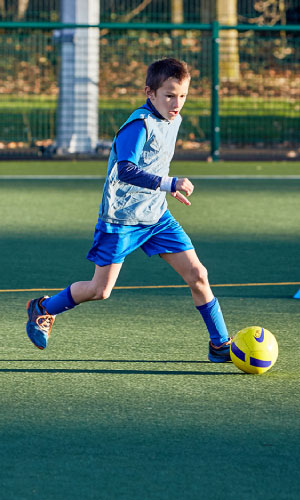Chelsea Chatter: Nutrition for Recovery
Our Chelsea FC Foundation Football Camps are unique in that children learn about the lifestyle of athletes through sessions on recovery, nutrition, media and other areas. This complements their on-pitch training, as the course provides a holistic view of the road to becoming a professional footballer. This week, we thought we’d give you a taste of what goes into professional athletes’ nutrition too!
 Carbohydrates
Carbohydrates
Who doesn’t love carbs? This food group isn’t just sugary treats though, healthier options such as porridge or wholemeal bread release energy slowly when digested. This helps muscles to recover after sport, as the energy lost from exercise is replaced. As such, a healthy portion should be included in post-workout meals.
Protein
Protein is in fashion these days, with bars, cereals and even yoghurts promising an extra dose of it. But what does it do? This food type is broken down into small particles by the body to help make muscle and other tissues, so in order to repair muscles after exercise, the body needs protein. However, the body has a limit to how much protein it can absorb each day. More than 55g for men or 45g for women (BBC) won’t usually be absorbed, meaning that you don’t need to eat mountains of the stuff – just a reasonable amount.
Fruit and vegetables
Don’t forget your 5-a-day! Fruit and veg isn’t an official food group, but a good variety of them is sure to supply minerals and vitamins that all play different roles in helping the body function. A lot of plants are also fibrous, so they help the digestive system run smoothly.
Children learn the steps to sporting success on our Chelsea FC Foundation Football Camps.





-min.png)
-min.png)
